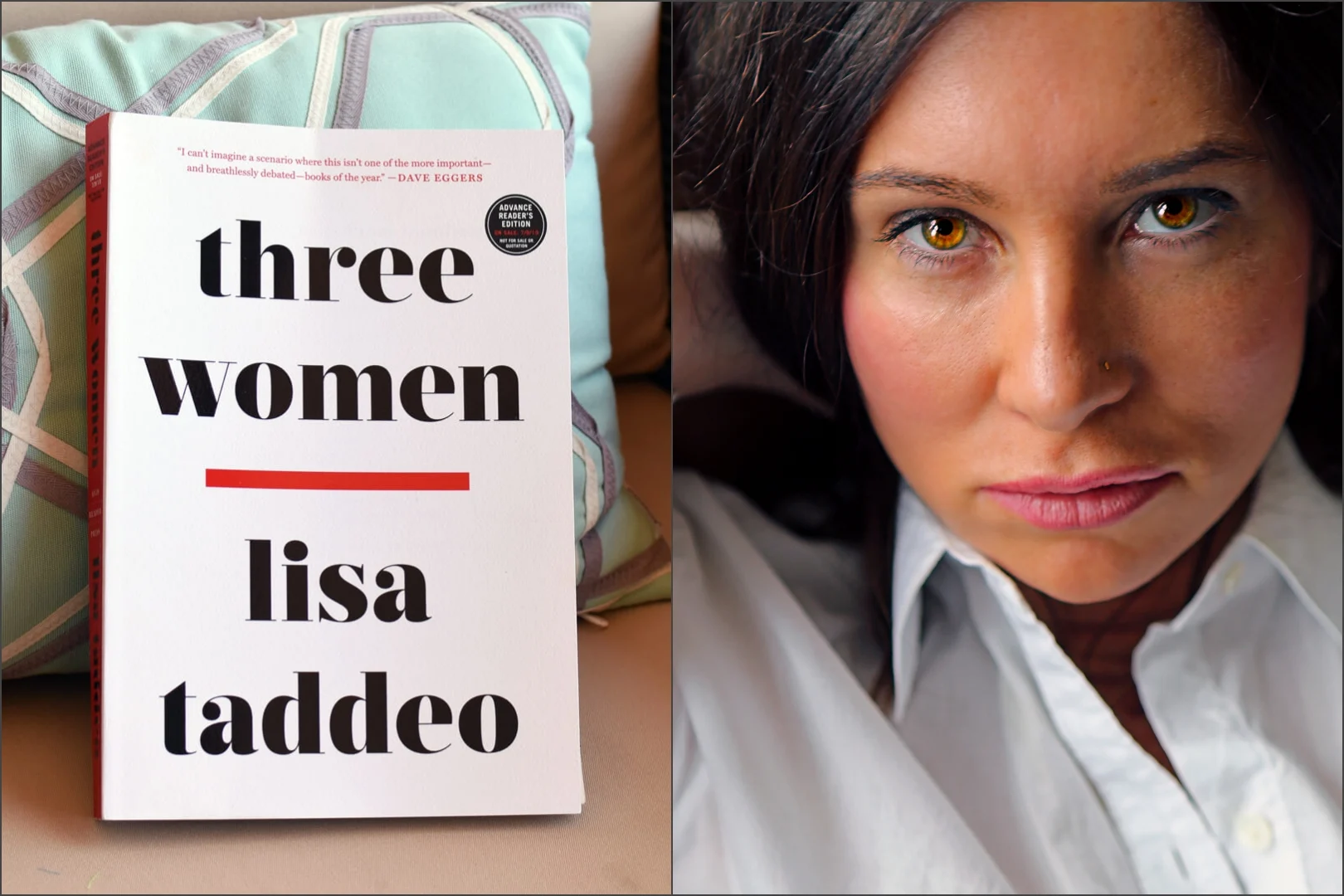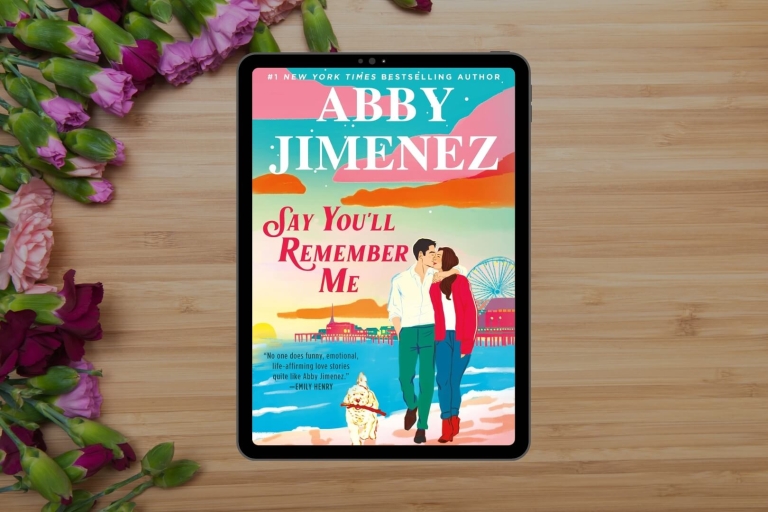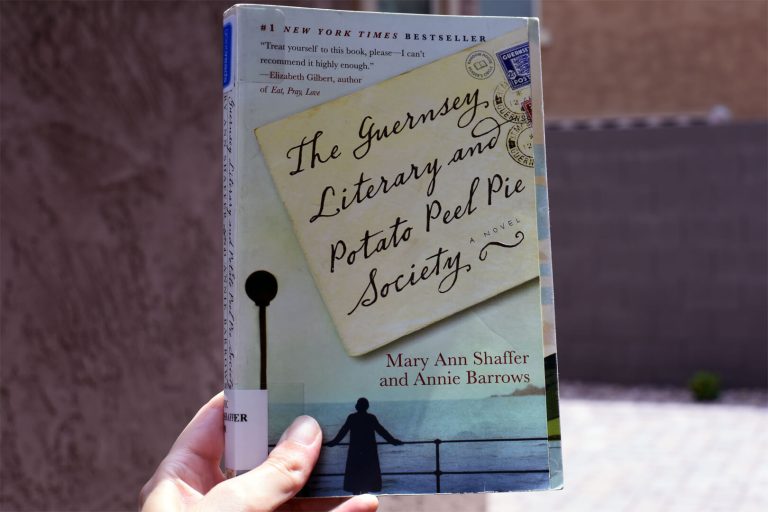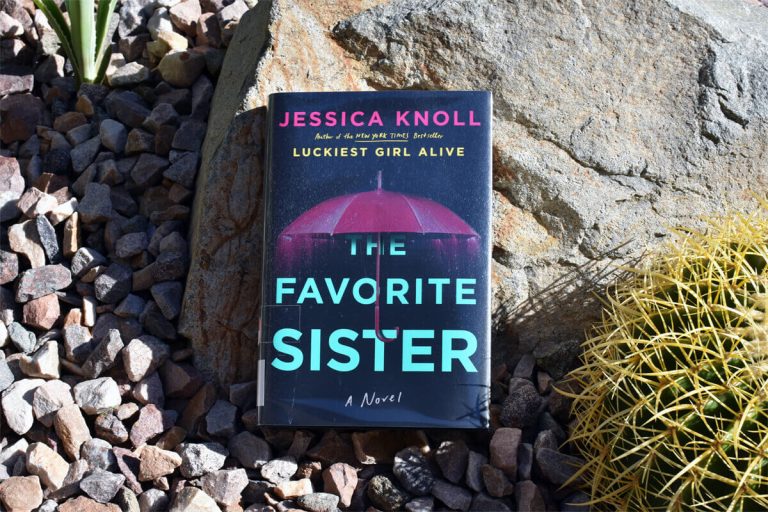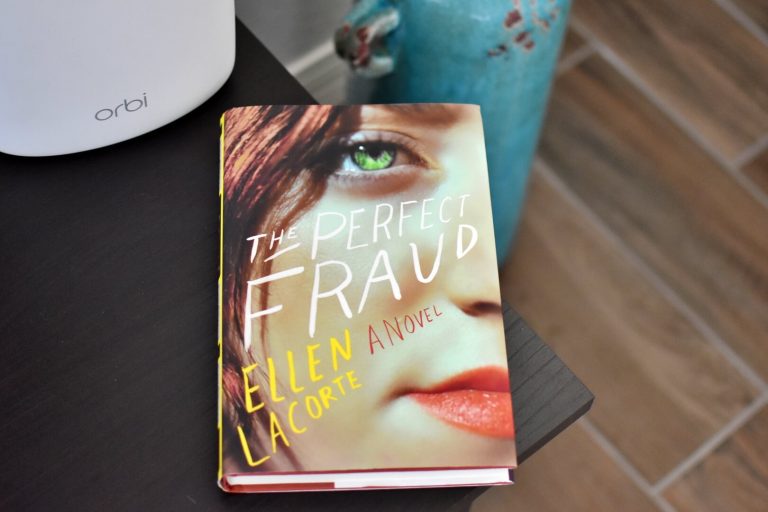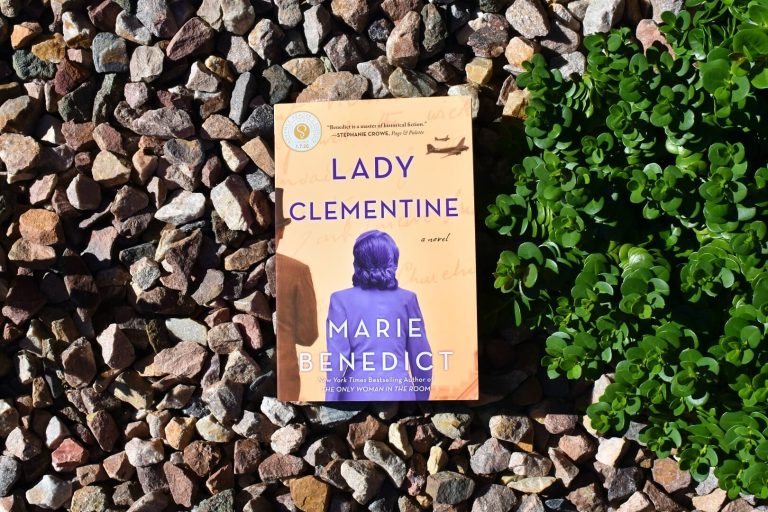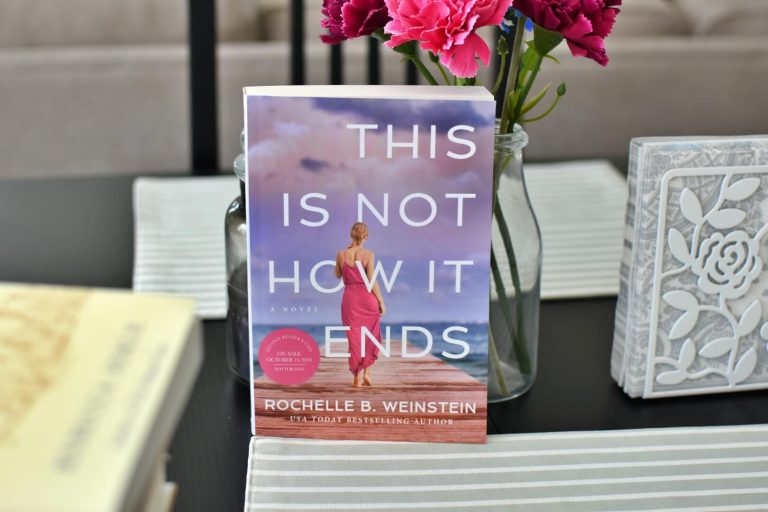Lisa Taddeo is the author of Three Women, a profound work of nonfiction that will be talked about for years to come. I had the opportunity to chat with Lisa by phone ahead of the release of Three Women. Let’s get to know her more!
Lisa Taddeo has contributed to New York magazine, Esquire, Elle, Glamour and many other publications. Her nonfiction has been included in the Best American Sports Writing and Best American Political Writing anthologies, and her short stories have won two Pushcart Prizes.
Taddeo’s editor gave her an open-ended assignment that writers both dream and fear: write about anything you want. With a central theme surrounding human desire, it was up to Lisa to craft a nonfiction story from her own research.
“It’s a very difficult assignment to write about what you want—both beautiful and terrifying,” she says.
She first focused on men’s desire but it become apparent that there were many more layers and rich storytelling that can come from the women’s perspective. Through the course of her writing journey, she talked with several individuals, which was eventually narrowed down to the three very different women featured in this book.
The process
When one writes about something so absolutely personal as desire, it requires more than just one phone interview. So Lisa Taddeo drove across the country six times to meet with her subjects. Over the eight years she worked on this novel, she spent thousands of hours with the women in the book both in person and via phone and email. She moved to the towns where they lived so she could understand their day-to-day lives.
The women include:
Lina is a homemaker in suburban Indiana and she’s in a passionless marriage. She then embarks on an affair that quickly becomes all-consuming and transforms her life. Sloane is a glamorous entrepreneur in the northeast. She’s married to a man who likes to watch her have sex with other men and women. Maggie is a high school student in North Dakota and begins a relationship with her English teacher. This will have consequences for them both—and the community.
Happiness question
Taddeo says as she worked on the novel, she wasn’t surprised by her findings and reveals as her feelings were confirmed. In many ways, it’s women who have a greater hold over other women than men have. Women are constantly judging each other—especially when it comes to happiness.
“For instance with Sloane, one of the first rumors I heard of her was not that she’s having sex with other people (which she was) but that her husband wants to have sex with her every day and the ‘crazy thing’ is that she allows it and wants to do it,” Taddeo says. “While it’s not a negative thing, the way it was portrayed to me from others was very much negative.”
Lisa’s mother gave her advice of don’t let them see you happy. When Lisa asked, who? She said, Everyone. Other women, mostly. “So I’ve been taught that and then I saw it play out as a researcher and writer,” Taddeo says.
In all three of the stories, it become depressingly clear that whenever those women experienced happiness— other women tried to bring them down either with cruel actions or a snide comments.
Such as when Lena shares the stories of her affair with a women’s discussion group; they all judge her. But, unlike many people, she doesn’t seem to care what they think.
“Lena seemed the most comfortable with her desire and going after it—she did what she wanted, even at her own detriment,” Taddeo says. “She wanted it and could have stopped it but she wanted to separate from her husband. She did what she wanted.”
Nonfiction that reads like fiction
I oftentimes feel there’s a bit of a wall between the subject and author in nonfiction books. The subject will only allow the writer to get to know them to a certain extent. That’s not the case with Three Women.
“I was conscious of the fact that nonfiction can be stilted—you want to be faithful to the facts but also to how they feel inside,” she says.
Lena and Sloane’s stories are told in third person, however, Lisa chose to write Maggie’s in the second person. When Maggie took her former teacher to court, she had little support on her side.
“I told Maggie’s story in second person because I wanted even the most staunch disbeliever of her story to get in her head,” Taddeo says. “It’s a way to get in her story that is immediate and couldn’t be denied.”
“I wanted people to see themselves in all the women’s stories,” she continues. “When it comes to some larger grand takeaway, I hope it’s that judgment is non-conducive to the movement of women being heard and seen.”
You can order Three Women by Lisa Taddeo on Amazon here.
